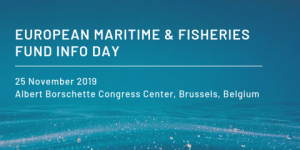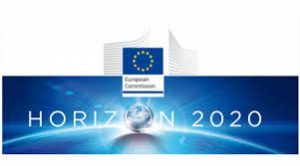Improved Production and Maintenance Processes in Shipyards (IA) | 3 December 2019 | 21 April 2020
The call opened the 3 December 2019 and it is classified as a “ IA – Innovation Action ” and the focus area is: Smart, green and integrated transport.
European Ship building, repair, modification and maintenance has been founded upon a technology based competitive advantage which has enabled it to build, improve and maintain the world’s most advanced ships. However, competitors are also becoming more advanced and seeking to enter European high technology markets. Europe is still a global leader for very high technology ships such as large passenger vessels, but this is a niche and competitors have a strategy to also enter these markets.
The market is particularly challenging for smaller shipyards across Europe who can be agile to develop and maintain niche products or to be integrated within smart supply chains yet do not have significant resources to undertake research and innovation. Consequently, continuous innovation is needed for the sector to remain competitive.
Scope
- The development of innovative technologies and systems to enhance the competitiveness of production and maintenance processes within European shipbuilders and ship yards, particularly those with potential to reduce CO2 and/or other polluting emissions.
- To identify and adress the necessary related skills development needs and strategies in order to maximise the value from innovative production technologies and practices.
- Testing and physical demonstration of the developed technologies to at least TRL 5
- Development of business plans and roll out strategies.
- IPR and or other measures to reduce leakage of the developed innovations outside of Europe.
Whilst not excluding very large shipyards, an emphasis on the competitive needs of smaller and medium size shipyards across Europe would be welcome in cases where the incremental benefits from Research and Innovation maybe higher.
More information here.
Deadline
The deadline is 21 April 2020 17:00:00 Brussels time (single stage)
Project duration
The signature of grant agreement is usually expected maximum 8 months from the deadline for submission. Maximum project duration not yet indicated.
Financial allocation
The Commission considers that proposals requesting a contribution from the EU of up to between EUR 4 and 6 million would allow the specific challenge to be addressed appropriately. The total budget expected for this call is €15million. The funding rate is equal to 70%. Exception: the eligible costs of non-profit beneficiaries may be reimbursed at 100%.
Partnership
The list of eligible countries for funding can be found in Annex A. However, some non-EU/non-Associated Countries that are not automatically eligible for funding have made specific provisions for making funding available for their participants in Horizon 2020 projects.
Eligibility conditions for participation in IA : At least three legal entities. Each of the three must be established in a different EU Member State or Horizon 2020 associated country. All three legal entities must be independent of each other.
Sole participants formed by several legal entities (e.g. European Research Infrastructure Consortia, European Groupings of Territorial Cooperation, central purchasing bodies) are eligible if the above-mentioned minimum conditions are satisfied by the legal entities forming together the sole participant.
Further information
Further details on the scope and expected impact of of the call can be found in the “Work Programme 2018-2020 – 11. Smart, green and integrated transport” pp. 88-89.
Further info on eligibilities could be found in Annex B and Annex C.


 Save the date – EMFF Info Day will take place on Monday 25 November 2019 at Albert Borschette Congress Center, in Brussels.
Save the date – EMFF Info Day will take place on Monday 25 November 2019 at Albert Borschette Congress Center, in Brussels.
